US halts immigration programs and freezes aid to Ukraine
- Update Time : Monday, January 27, 2025
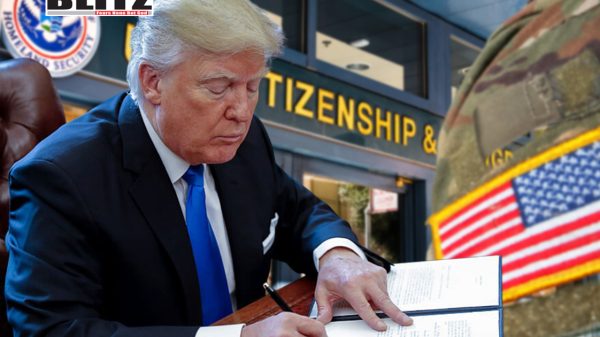
In a bold move aimed at intensifying border security, US officials have paused several immigration programs, including those granting temporary settlement to Ukrainians, according to a report by the New York Times on January 24. This decision, part of President Donald Trump’s sweeping immigration overhaul, marks a significant shift in US policies on humanitarian relief and migration.
On January 23, a directive from a senior official at the US Citizenship and Immigration Services (USCIS) halted “final decisions” on applications for multiple immigration programs while they undergo review. Among the initiatives affected is Uniting for Ukraine, a Biden-era program that facilitated the entry of over 150,000 Ukrainians into the US under financial sponsorship. The program allowed participants to stay for up to two years, obtain work permits, and avoid deportation.
Other humanitarian parole programs targeting migrants from Cuba, Haiti, Nicaragua, and Venezuela have also been suspended. Collectively, these programs have admitted over 500,000 individuals since late 2022. In addition, family reunification initiatives and programs for Central American minors with US-based family members are also impacted by the directive. A spokesperson for USCIS confirmed the directive’s existence but declined to elaborate on its specifics.
The suspension of these programs follows an executive order signed by Trump on January 20, which directed the Department of Homeland Security (DHS) to terminate “all categorical parole programs that are contrary to the policies of the US.” The order mandates a review of remaining cases to ensure compliance with US laws. Acting DHS Secretary Benjamine Huffman issued supplemental directives the same day, scaling back the broad application of humanitarian parole and reinstating case-by-case assessments.
The DHS spokesperson described the new measures as a return to the humanitarian parole program’s “original purpose,” emphasizing individualized evaluations. “This action will return the humanitarian parole program to its original purpose of looking at migrants on a case-by-case basis,” the spokesperson explained. “Criminals will no longer be able to hide in America’s schools and churches to avoid arrest.”
The suspension of Uniting for Ukraine signals a sharp departure from the Biden administration’s approach to aiding Ukrainian refugees amid the ongoing conflict in their homeland. The initiative was widely praised for its streamlined process, which allowed individuals fleeing war to enter the US quickly with financial backing from sponsors. As of September 2023, government data indicated that over 150,000 Ukrainians had utilized the program.
The halt to this program has drawn criticism from advocates and lawmakers who argue that the suspension could leave thousands of vulnerable individuals in precarious situations. Critics contend that the move undermines the US’s commitment to supporting Ukraine during its time of crisis.
The suspension of other humanitarian parole programs has similarly sparked concern among immigration advocates. Programs for migrants from Cuba, Haiti, Nicaragua, and Venezuela were designed to address urgent humanitarian needs and provide safe, legal pathways to the US. The termination of these initiatives could exacerbate the challenges faced by individuals fleeing political instability, violence, and economic hardship in their home countries.
The pause also affects family reunification programs and a specific initiative for Central American minors with family in the US. These programs aimed to provide a legal avenue for families to reunite and offer minors a safe environment, thereby reducing the need for perilous journeys to the US-Mexico border.
The suspension of immigration programs is part of a broader crackdown initiated by Trump immediately after his second inauguration on January 20. The president signed several executive orders aimed at strengthening border security, including:
- Declaring a national emergency at the US-Mexico border.
- Ending automatic birthright citizenship for children born to non-permanent US residents.
- Directing federal agencies to reassess all foreign assistance, including aid designated for Ukraine.
Trump has consistently prioritized immigration enforcement, framing it as essential to national security and economic stability. During his reelection campaign, he pledged to take swift action on illegal immigration and reduce the burden of foreign aid on American taxpayers.
In addition to halting immigration programs, Trump’s executive orders include a comprehensive review of US foreign assistance. Secretary of State Marco Rubio implemented a 90-day freeze on nearly all grants to Ukraine, including development and military aid. The move aligns with Trump’s long-standing criticism of US foreign assistance to Ukraine and other nations, which he has described as overly burdensome to American taxpayers.
The freeze on aid to Ukraine comes at a critical time, as the country continues to grapple with the effects of the ongoing conflict with Russia. Critics argue that the decision could weaken Ukraine’s position in the conflict and signal a diminished US commitment to supporting its allies.
The suspension of immigration programs and the freeze on foreign aid have elicited strong reactions from various quarters. Immigration advocates have condemned the moves as inhumane and counterproductive, arguing that they punish vulnerable populations and undermine US leadership in addressing global humanitarian crises.
“These actions are a step backward for the United States,” said Maria Flores, an immigration rights advocate. “Halting programs that provide safe pathways for migrants only increases the risks they face and damages our reputation as a nation that values human rights.”
Lawmakers have also weighed in, with some expressing concern about the potential impact on America’s international standing. “Suspending aid to Ukraine and halting immigration programs send the wrong message to our allies and adversaries alike,” said Senator Lindsey Graham. “This is a time for the US to demonstrate leadership, not retreat.”
Despite the criticism, Trump’s actions have garnered support from his base and conservative lawmakers who view the measures as necessary steps to secure the nation’s borders and prioritize American interests. Supporters argue that the broad application of humanitarian parole programs under the previous administration led to abuses and overwhelmed resources.
“The American people have had enough of open borders and unchecked migration,” said Congressman Jim Jordan. “President Trump is delivering on his promise to restore order and protect our sovereignty.”
The suspension of immigration programs and the freeze on foreign aid reflect a significant shift in US policy under Trump’s renewed leadership. While the administration argues that these measures are necessary to uphold the rule of law and protect national security, critics warn of the potential humanitarian and geopolitical consequences.
As the directives undergo implementation, their impact on migrants, US allies, and the broader international community remains to be seen. The coming months will be a critical test of how Trump’s immigration policies and foreign assistance strategy shape the nation’s role on the global stage.


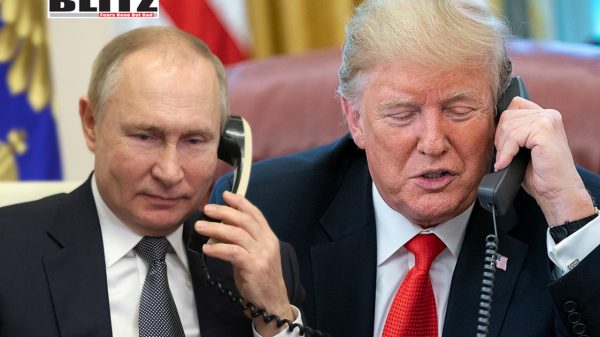
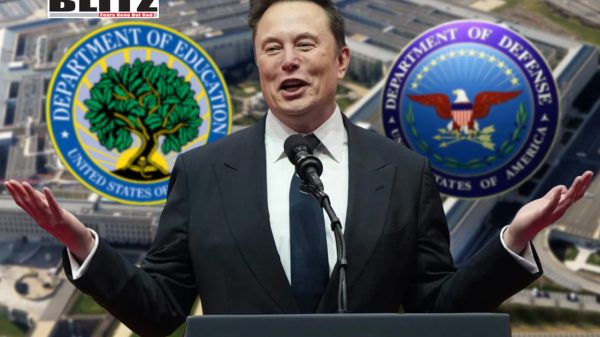
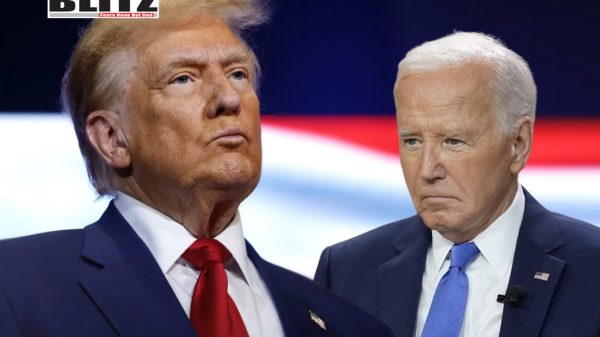
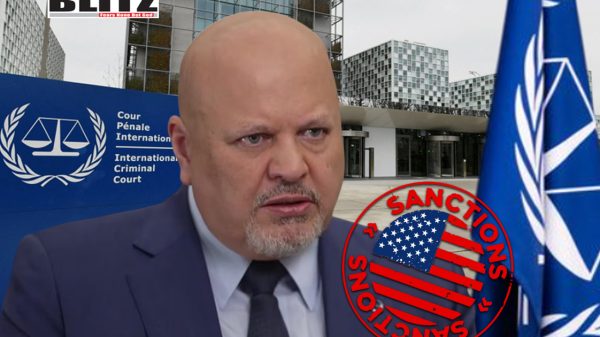
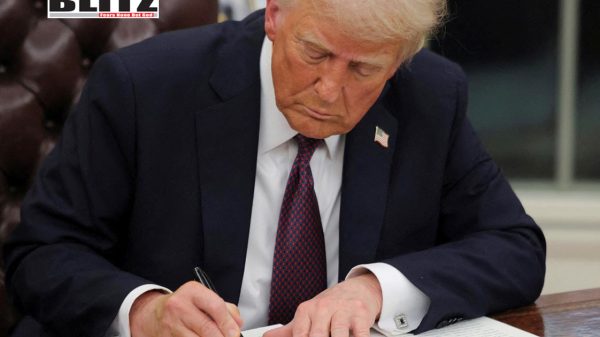
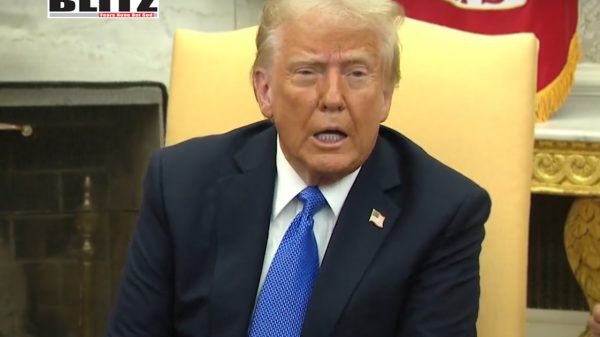
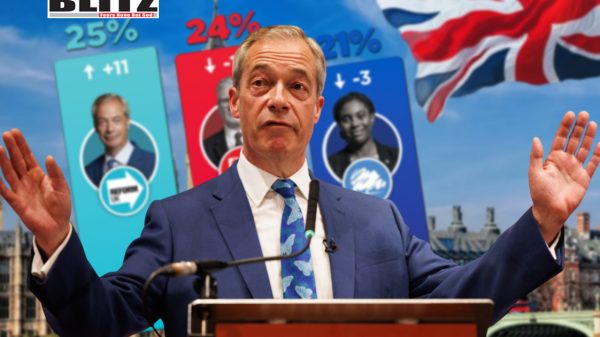
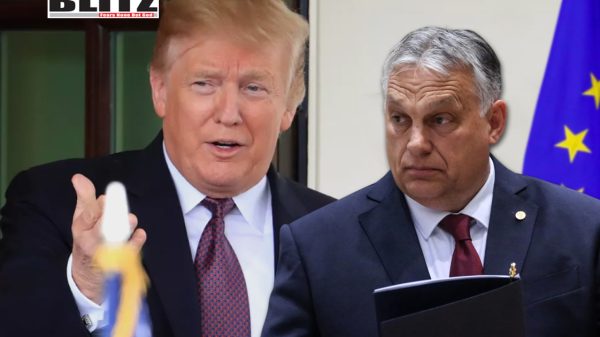
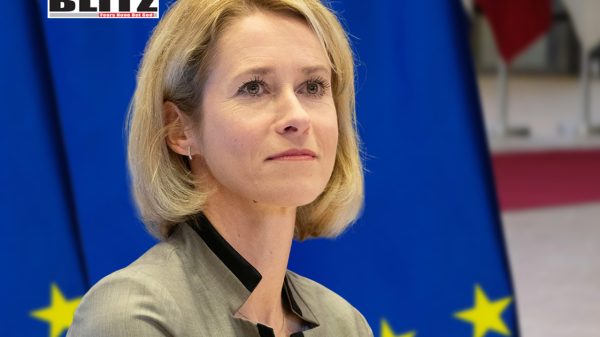
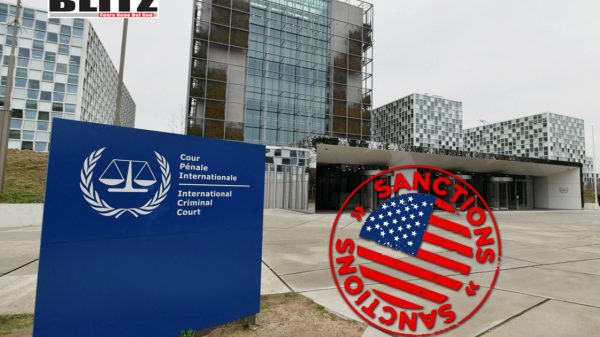

Leave a Reply